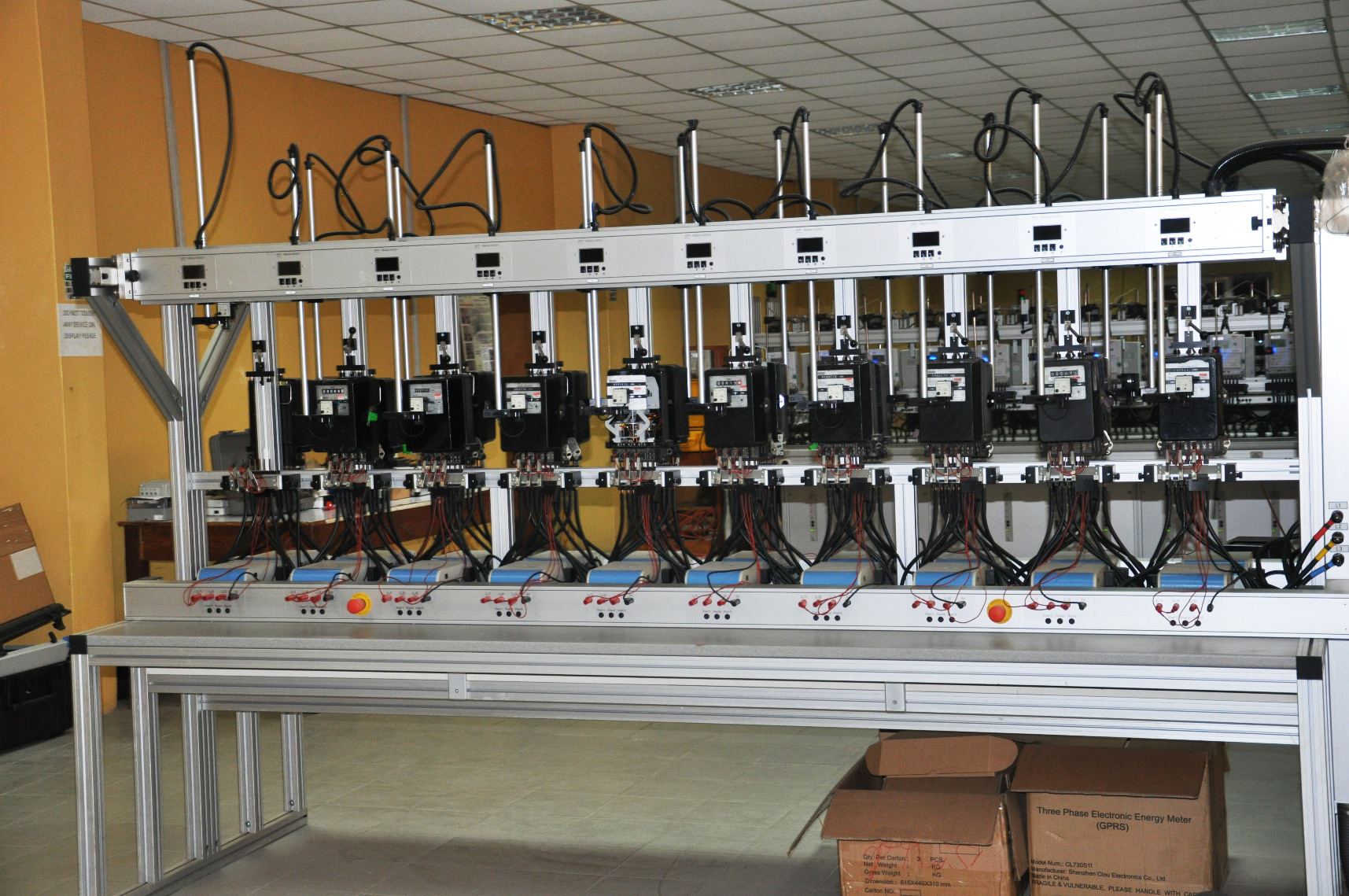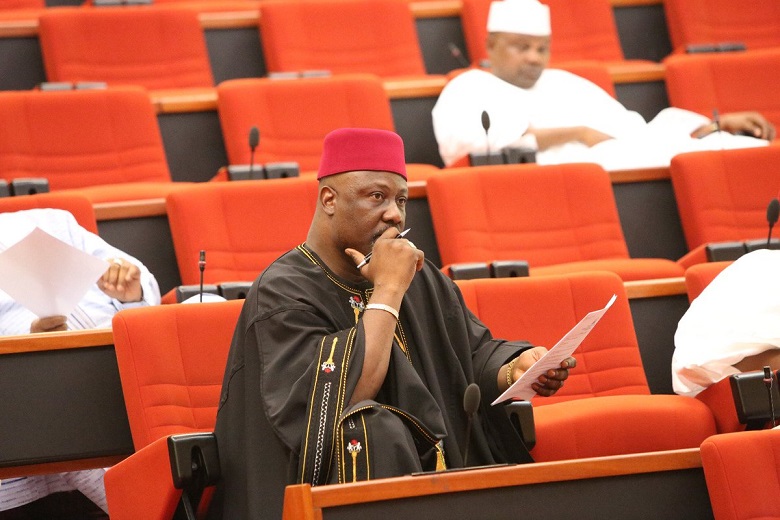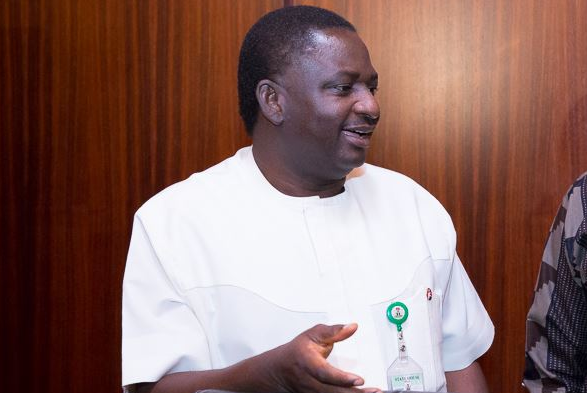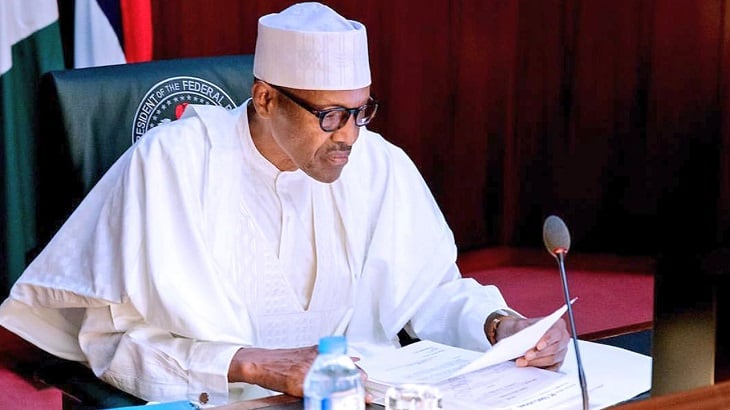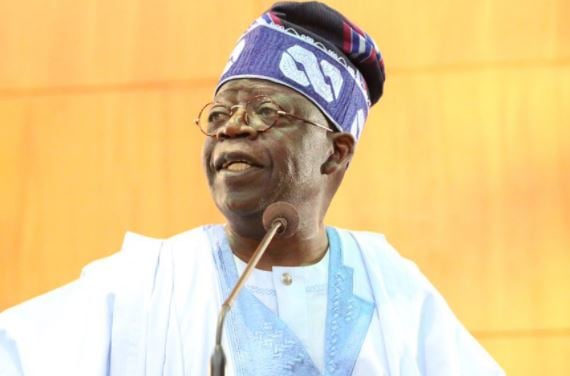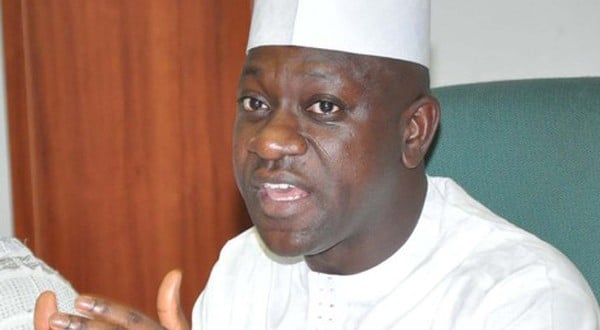Pic.29. Some meters on display at the National Meter Test Station during the Minister of Power, Works and Housing, Mr Babatunde Fasholas visit to the station in Lagos on Thursday (11/1/18).
00220/11/1/2018/Okoya Olatunde/BJO/NAN
The supply of prepaid meters is expected to increase as the Nigerian Electricity Regulatory Commission (NERC) has introduced a new class of operators to the electricity industry.
The operators, to be called meter asset providers, will be saddled with the responsibility of providing meters and replacing faulty devices within 48 hours.
Speaking at the unveiling of the new regulation on Monday in Uyo, Dafe Akpeneye, NERC’s commissioner, legal, licensing and compliance, said the regulation was borne out of an effort to resolve the unavailability of meters in the country.
“We all arrived at the same answer that we have to do something different. We can no longer leave this very important obligation to the distribution companies alone; other players have to come into this space,” Akpeneye said.
Advertisement
“So, we went about creating the NERC Meter Asset Provider Regulation, 2018. What does this seek to do differently?” he said at the 25th monthly power sector meeting.
“In the past, we left it as a sole responsibility of the DisCos in their performance agreement that they are to meter customers. It’s been over four years since privatisation and customers are still complaining. So, to solve this problem, we are creating a new class in the industry called meter asset providers.
“MAPs will be independent people who will be approved by NERC but contracted by the DisCos to bridge the metering gap. In doing this, there will be various options available to customers.
Advertisement
“Electricity consumers will now have the option of self-financing. Those who don’t want this will be able to obtain meters from MAPs and there will be a metering service charge spread over a period of 10 years.”
Akpeneye said NERC estimated that the new regulation would attract investments worth $200 million.
The commissioner said the regulation provides for 30 percent local content which will be increased as the regulation progresses.
Commenting on the issue, Babatunde Fashola, minister of power, said the federal government had to settle a 2003 meter contract before it could reach the regulation.
Advertisement
“The next thing to do is to implement the regulation and that will require the cooperation of all stakeholders in the value chain,” Fashola said.
“Government decided to pursue an out-of-court settlement on a meter contract that was awarded since 2003, which was held up in court until 2017.”
Add a comment

